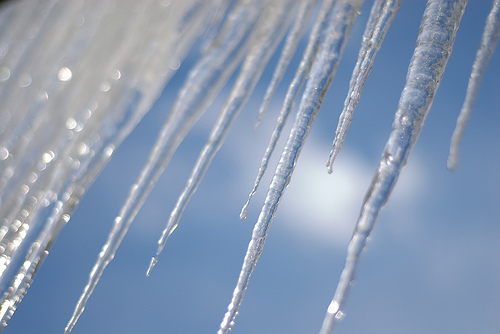We’ve had the snow, now we’re in for the cold. With the forecast calling for a frigid weekend, Southborough Emergency Management Director of Operations Neal Aspesi sent along these tips on how to keep your family and your home safe in the freezing temperatures.
Hazards
- Health: Hypothermia, quick Frostbite to exposed skin, Breathing (especially those with chronic breathing ailments including asthma)
- Home: Frozen pipes, Carbon Monoxide build-up, Use of space heaters (strongly, strongly discouraged), loss of power resulting in loss of heat exacerbating all the hazards noted. If you have a pipe burst, immediately shut off the water source to the building or call the 9-1-1. NOTE: most frozen pipes do not rupture until the temperatures begin to rise, rather than during the extreme cold period.
- Vehicles: Carbon Monoxide build-up, breakdown/stranded.
Preparedness
- Have a plan on who to contact and where to relocate in the event of power/heat loss. Citizens can always contact Southborough 9-1-1 or Fire Department/Emergency Management (508-485-3235) for assistance with sheltering, etc.
- Check in on family members and neighbors, special populations and senior citizens (especially those that live alone)
- If power is loss or your home is extremely cold, slightly open all facets to reduce the possibility of frozen pipes. Do not use torches or other open heat sources to defrost pipes!!! It is always best to contact a pluming company to assist with frozen pipes.
- Avoid going outside unless absolutely necessary. If you must go out limit you time, dress in layers and cover all exposed skin. Even if you are going from your house to car to work, dress as noted in the event you become stranded. If is also advisable to carry extra clothes and a blanket in your vehicle.
- Beware of carbon monoxide build up in you car and home. During cold weather we tend to let our vehicles warm up and stay in them (without the windows open) for long periods of time. This hazard is increased significantly if the vehicle tailpipe is blocked by snow/snow bank. Never run your vehicle in your garage, even with the doors open. Ensure that you have working carbon monoxide (CO) detectors in your home, ideally on all floors.
(Photo posted to Flickr by m00by)



Something not mentioned: lots of newer homes have power vent systems for heating and hot water appliances. These tend to be low to the ground near the foundation. They NEED to have snow cleared from them so that carbon monoxide doesn’t back up into the home.
Good point – thanks for the reminder.